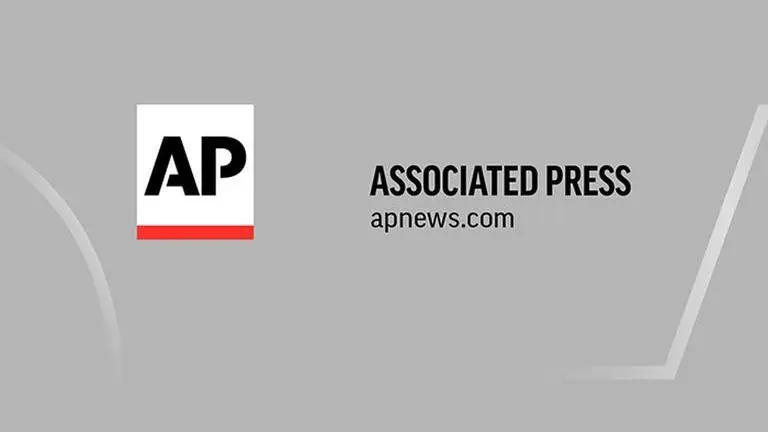Updated 2 March 2021 at 14:15 IST
UN wants international probe of Navalny's poisoning
Two top U.N. human rights experts urged an international probe into the poisoning of Russian opposition leader Alexei Navalny and called Monday for his immediate release from prison.
- World News
- 3 min read

Two top U.N. human rights experts urged an international probe into the poisoning of Russian opposition leader Alexei Navalny and called Monday for his immediate release from prison.
Agnes Callamard, the Special U.N. Rapporteur on extrajudicial, summary or arbitrary executions and Irene Khan, the Special U.N. Rapporteur on the promotion and protection of the right to freedom of opinion and expression, said Navalny’s poisoning was intended to “send a clear, sinister warning that this would be the fate of anyone who would criticize and oppose the government.”
“Given the inadequate response of the domestic authorities, the use of prohibited chemical weapons, and the apparent pattern of attempted targeted killings, we believe that an international investigation should be carried out as a matter of urgency in order to establish the facts and clarify all the circumstances concerning Mr. Navalny’s poisoning," Callamard said.
Navalny, the most prominent critic of Russian President Vladimir Putin, fell sick on Aug. 20 during a domestic flight in Russia and was flown while still in a coma to Berlin for treatment two days later.
Advertisement
Labs in Germany, France and Sweden, and tests by the Organization for the Prohibition of Chemical Weapons, established that he was exposed to a Soviet-era Novichok nerve agent. Russian authorities have denied any involvement in the poisoning.
In December, Navalny released the recording of a phone call he said he made to a man he described as an alleged member of a group of officers of the Federal Security Service, or FSB, who purportedly poisoned him in August and then tried to cover it up. The FSB dismissed the recording as a fake.
Advertisement
Callamard and Khan, independent human rights experts working with the U.N., on Monday published their official letter sent to the Russian authorities in December and noted that “the availability of Novichok and the expertise required in handling it and in developing a novel form such as that found in Mr. Navalny’s samples could only be found within and amongst state actors.”
The experts emphasized in the letter that Navalny “was under intensive government surveillance at the time of the attempted killing, making it unlikely that any third party could have administered such a banned chemical without the knowledge of the Russian authorities.”
Russian Foreign Ministry spokeswoman Maria Zakharova responded by charging that an international inquiry should look into Germany's refusal to share biological samples and other materials proving Navalny's poisoning with Moscow.
Russia claims its medical experts found no evidence of poisoning.
Navalny was arrested on Jan. 17 upon returning from Germany, where he spent five months recovering from the nerve agent poisoning.
The arrest triggered massive protests, to which the Russian authorities responded with a sweeping crackdown.
Published By : Associated Press Television News
Published On: 2 March 2021 at 14:15 IST
